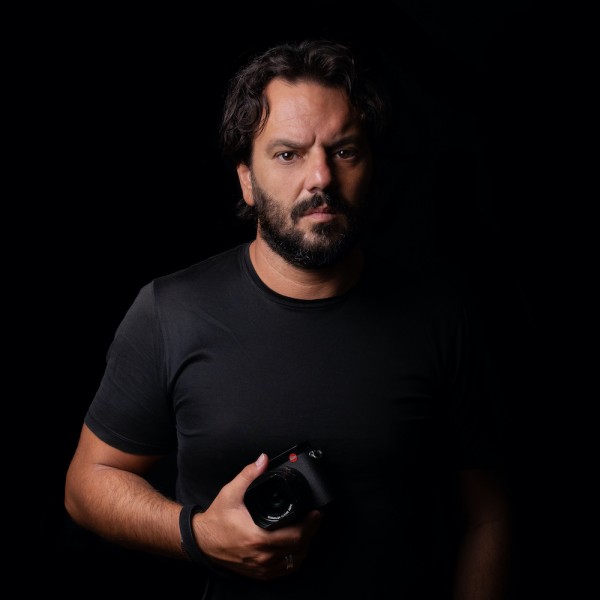Wakaliwood
Wakaliwood
Stefano Schirato
March 29, 2018
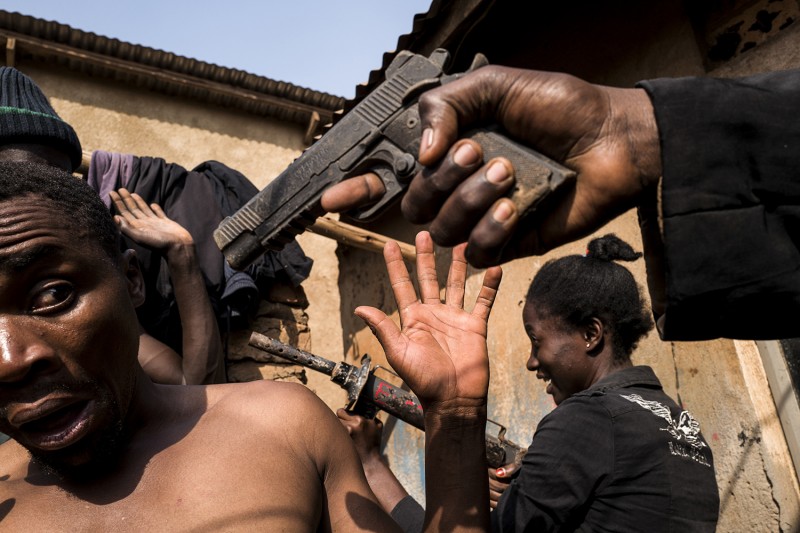
© Stefano Schirato
LFI: What was it that first prompted you to visit Uganda?
Stefano Schirato: I initially travelled to Uganda on behalf of an Italian NGO, which had commissioned me to document the country’s Palabek Camp for South-Sudanese refugees. While looking for other interesting stories in the area, I happened upon Wakaliwood.
How did this passion for film-making among Wakaliga’s local population first develop?
To begin with, it was not so much Wakaliga’s inhabitants, but Isaac Nabwana who had a profound passion for the movie industry. Isaac, in turn, had been deeply influenced by his brother’s love for Westerns, which he had frequently talked about throughout Isaac’s entire childhood. So when Isaac decided to start a venture of his own in 2005, he began by shooting and producing music videos. In 2011, director Alan Hofmanis, an American expat, launched a crowdfunding campaign for Nabwana's film ‘Ebola’, which raised US $13,000. And this is really how it all began. The locals essentially got swept up by Isaac’s passionate interest in film-making.
How did the people of Kampala react when they learned that there is a thriving film industry in one of the slums?
Being the first Ugandan artist to reach this level of success within the film industry, Isaac has become very famous in Kampala, as have all of his actors. People recognise them on the street and stop to express their admiration.
Slums are rarely the kinds of places that enjoy wide-spread popularity. Do you think that Wakaliga’s reputation has changed since it has become a well-known film location?
Thanks to Isaac’s activity, Wakaliga has certainly become known not only in North Uganda, where most of the films are sold, but also abroad. But apart from that, I don’t think that daily life in Wakaliga has particularly changed. Obviously, life in a slum is extremely challenging. I’ve been to many of them, and the difference I see in Wakaliga is people’s attitude to life. Thanks to Wakaliwood, they can make plans, they put themselves forward and commit themselves to big projects, and they work very hard to make them happen.
What is the primary message you’d like to convey with your Wakaliwood series?
What struck me most was how deeply Wakaliwood is rooted in the slum. Isaac and his family share a place with the entire troupe and crew, living and working together under one roof. The house Isaac built with his own hands is home to the Nabwana family, complete with in-laws, as well as their tenants; the rehearsal room is used for practicing scenes in the day, and filled with sleeping bags at night. Wakaliga’s local inhabitants have been involved in Isaac’s venture from quite early on. At first, Isaac took the initiative to recruit them as actors, even those with little or no experience. Later, there was a real boom and the locals started to show an interest by themselves: many began to study acting, as well as learning how to do martial arts.
Its film industry has also made Wakaliga something of a tourist attraction. The shooting locations are always set up within the slum, just outside Isaac’s house. So naturally, passers-by always stop and watch what’s happening on the set.
What equipment did you use, and how did it help you in achieving what you’d had in mind?
I decided on the Leica Q, because it’s an excellent camera for reportages, being so silent and fast. The autofocus ensures that I can capture images in the shortest possible time, and 28 mm is my favourite focal length for this type of project. Having worked with the Leica Q, it’s actually quite hard to go back to shooting with other cameras.
Stefano Schirato+-
Born in Bologna in 1974, Schirato graduated in Political Sciences and then went on to a career as a freelance photographer working with a focus on social issues. He collaborates with magazines, associations and NGOs such as Caritas Internationalis and Emergency. His work has been published in media outlets such as the New York Times, Vanity Fair and CNN. Schirato teaches Photography at the Leica Akademie Italy. More

© Stefano Schirato
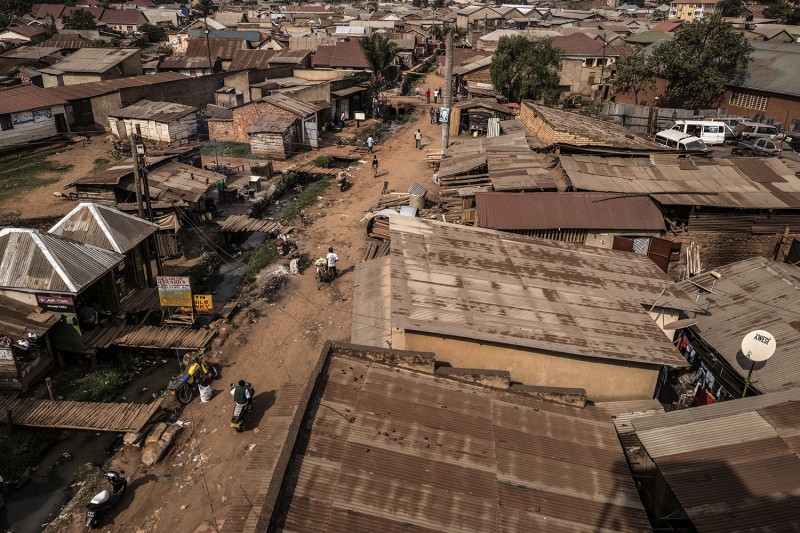
© Stefano Schirato
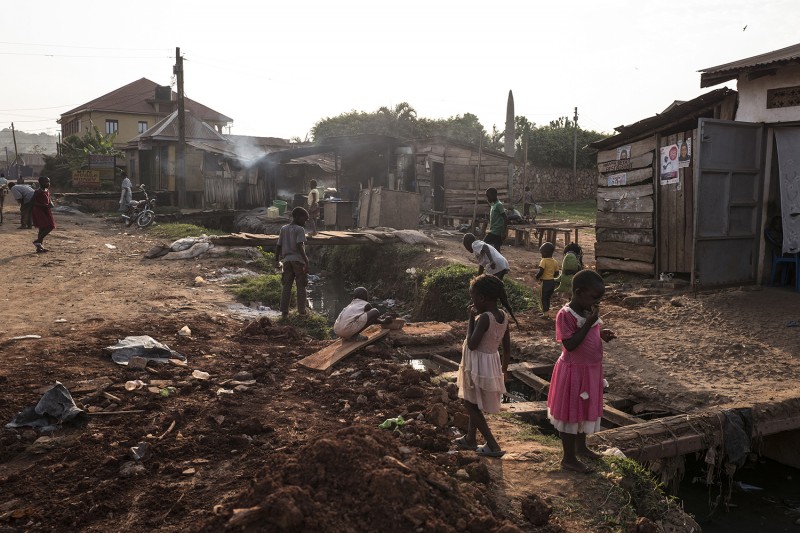
© Stefano Schirato

© Stefano Schirato
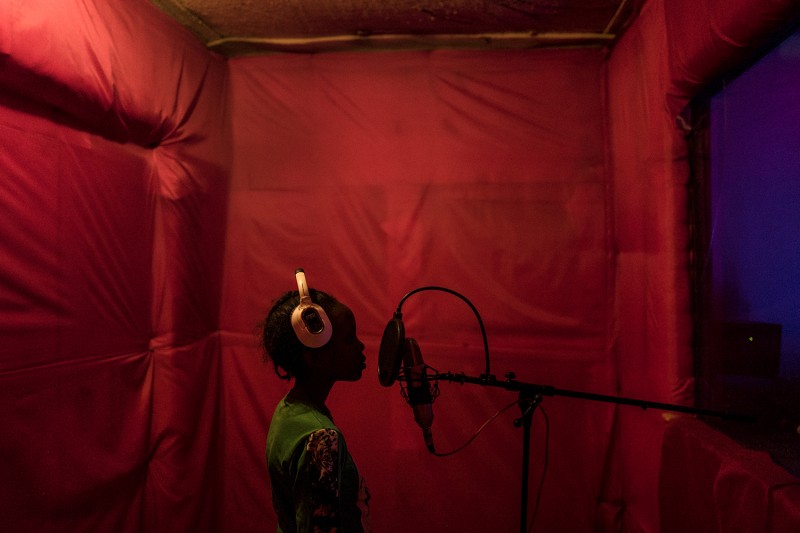
© Stefano Schirato
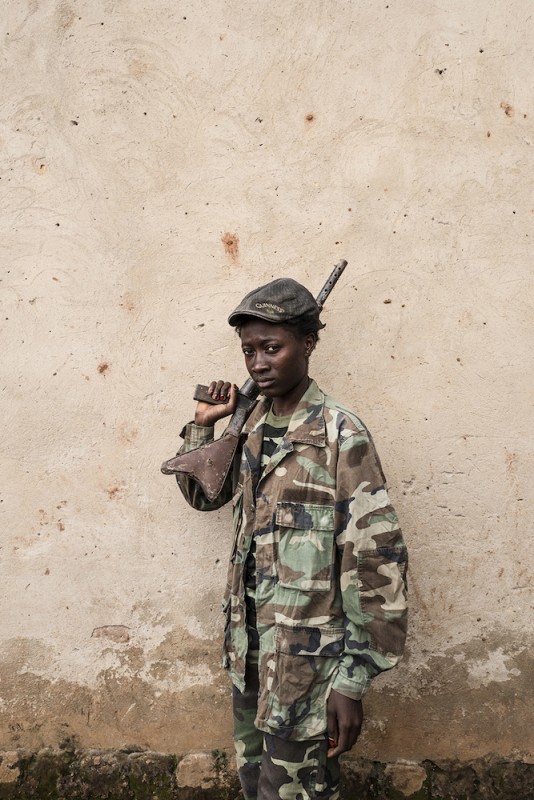
© Stefano Schirato

© Stefano Schirato
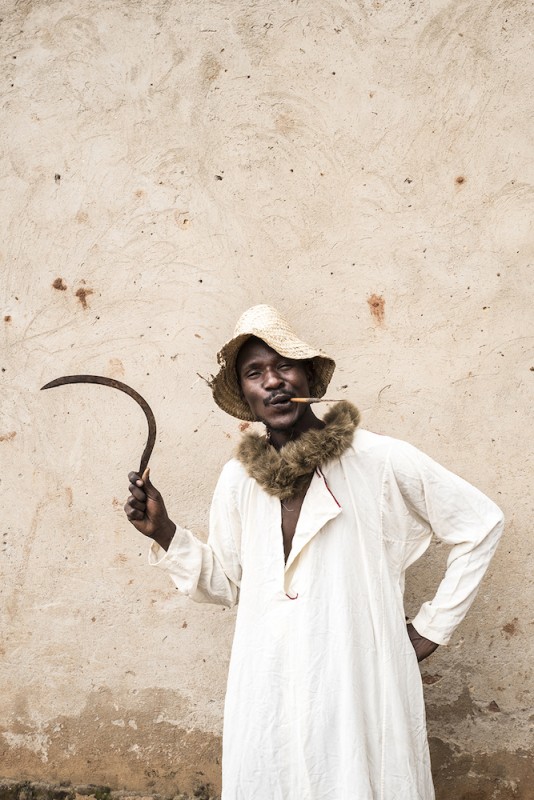
© Stefano Schirato
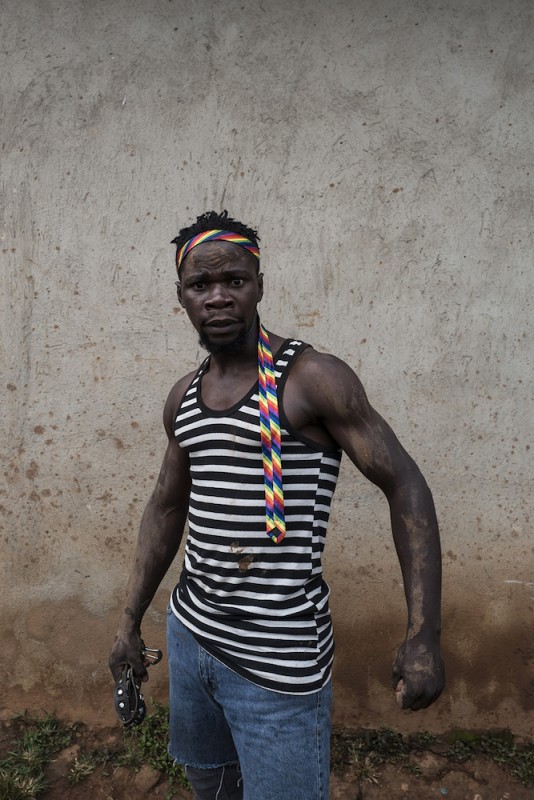
© Stefano Schirato
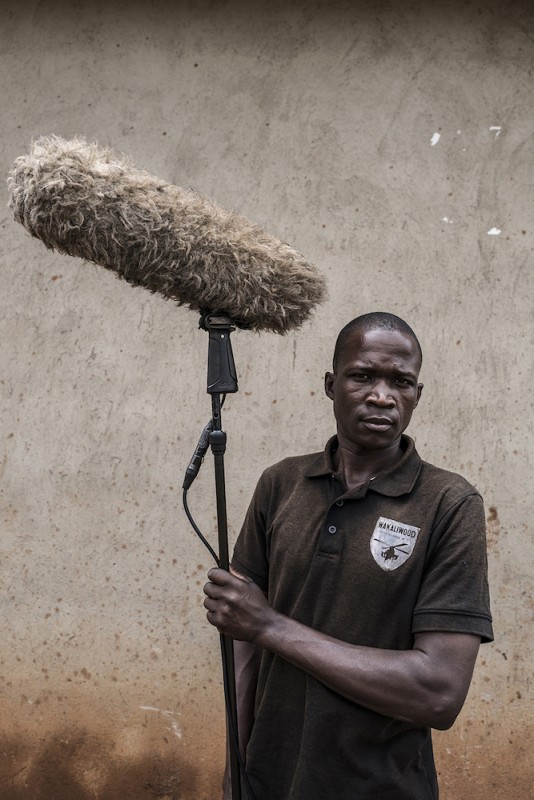
© Stefano Schirato
